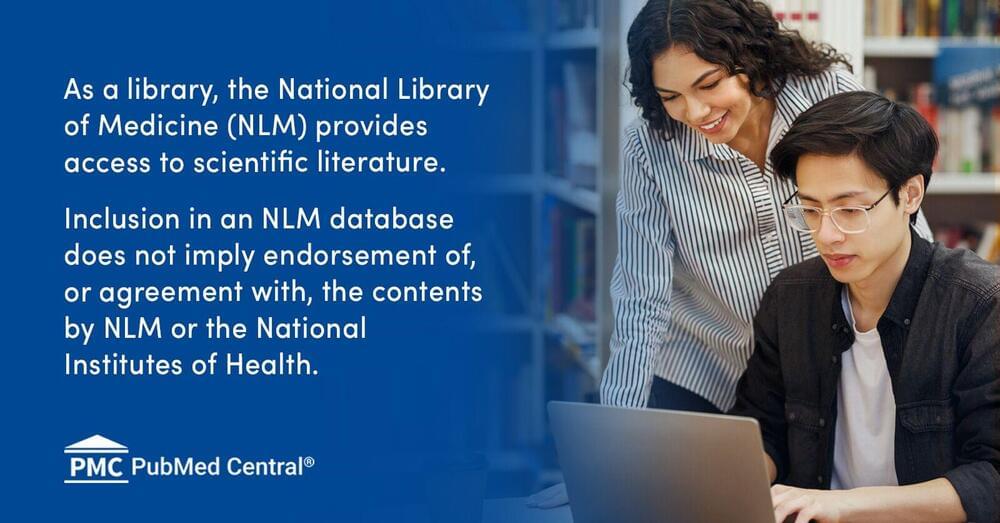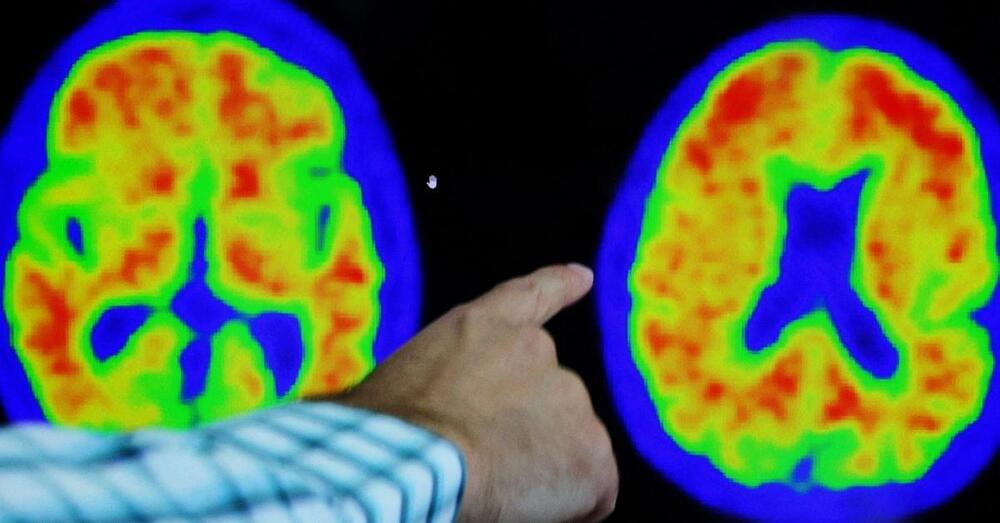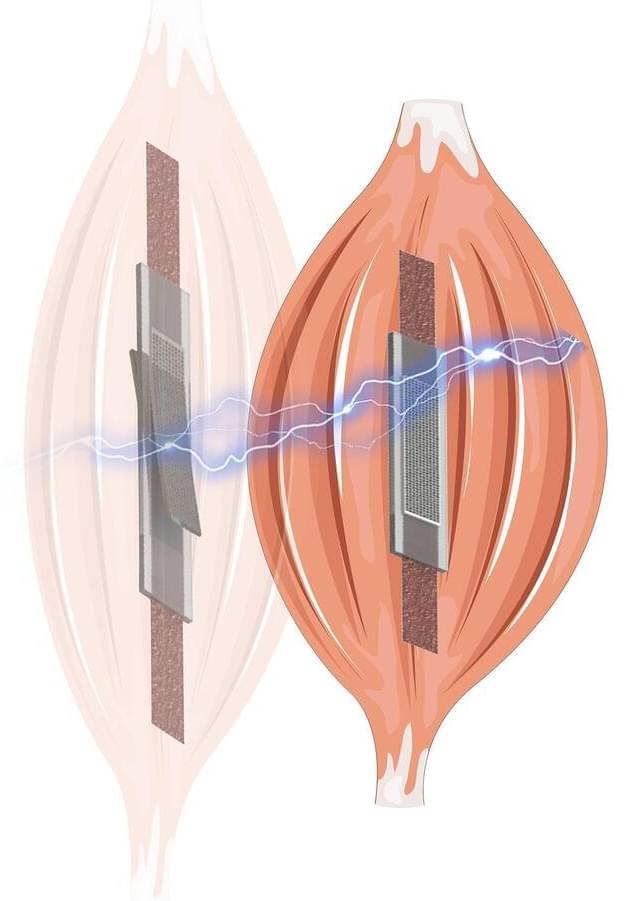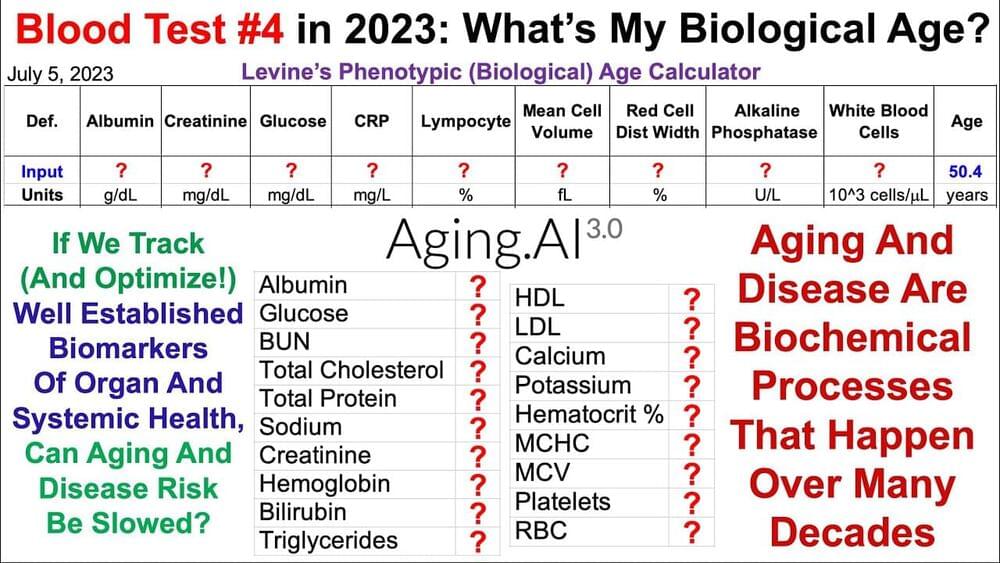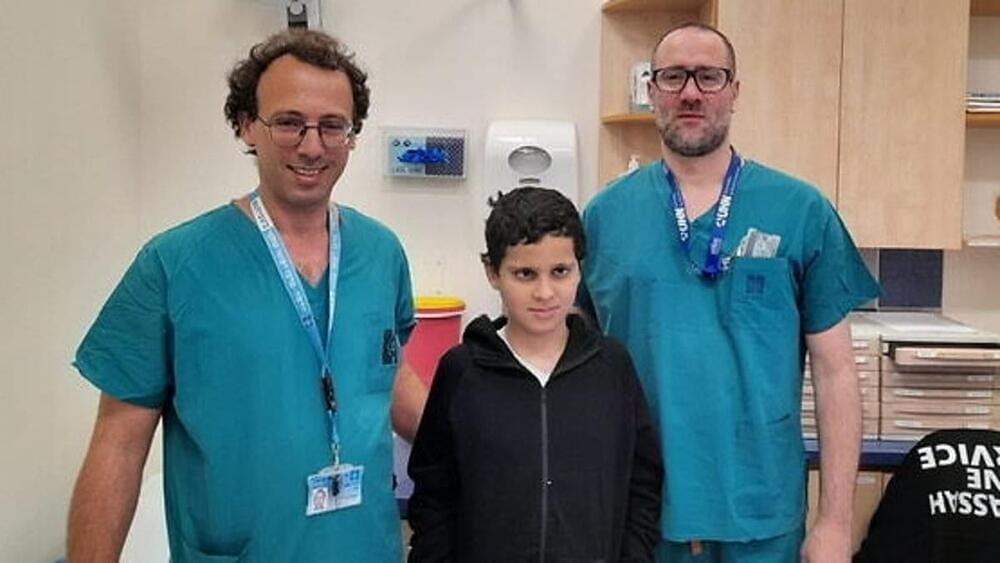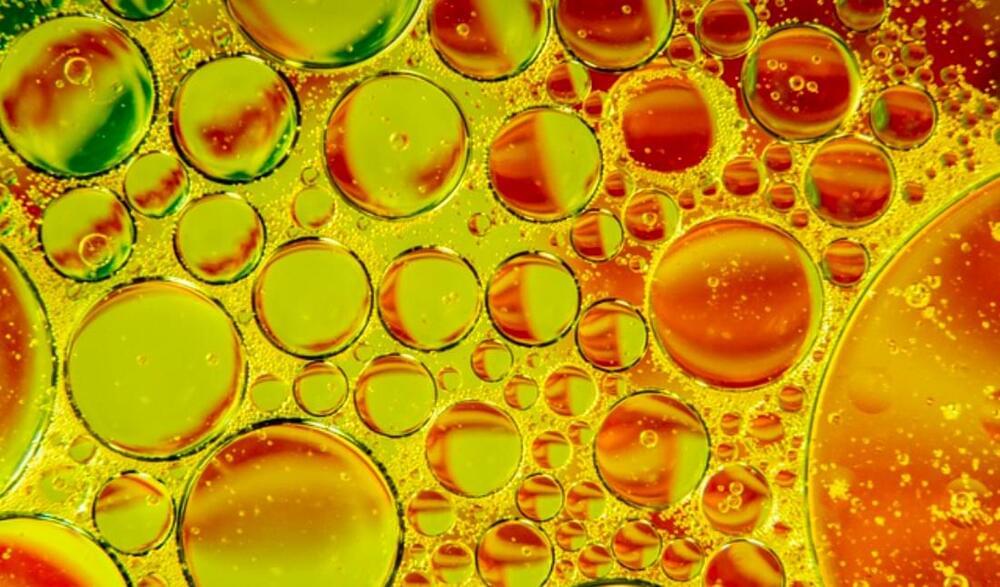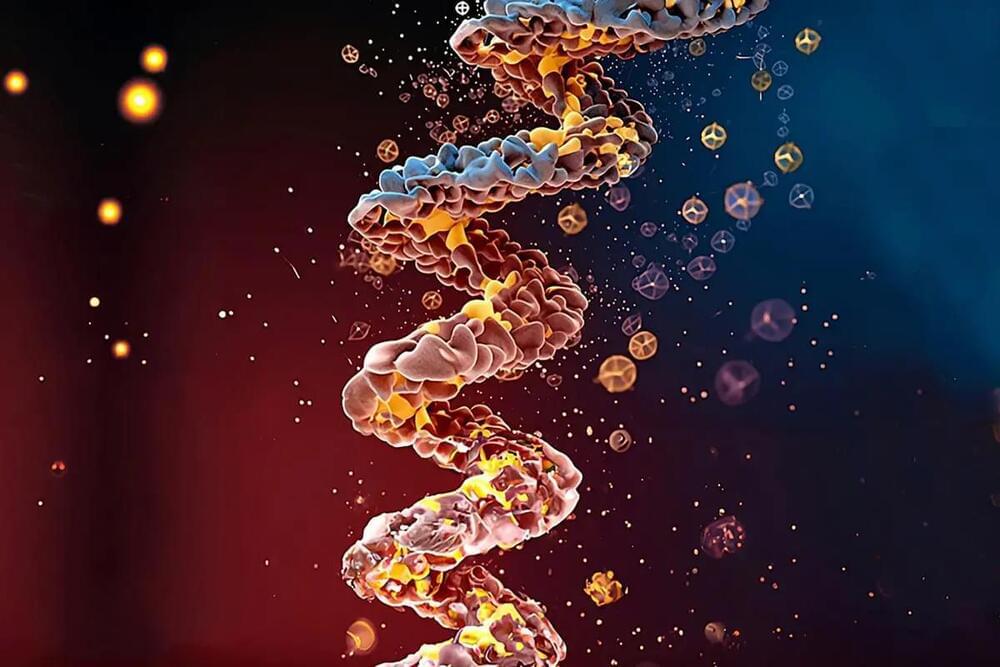
To advance our capabilities in protein engineering, MIT CSAIL researchers came up with “FrameDiff,” a computational tool for creating new protein structures beyond what nature has produced. The machine learning approach generates “frames” that align with the inherent properties of protein structures, enabling it to construct novel proteins independently of preexisting designs, facilitating unprecedented protein structures.
“In nature, protein design is a slow-burning process that takes millions of years. Our technique aims to provide an answer to tackling human-made problems that evolve much faster than nature’s pace,” says MIT CSAIL PhD student Jason Yim, a lead author on a new paper about the work. “The aim, with respect to this new capacity of generating synthetic protein structures, opens up a myriad of enhanced capabilities, such as better binders. This means engineering proteins that can attach to other molecules more efficiently and selectively, with widespread implications related to targeted drug delivery and biotechnology, where it could result in the development of better biosensors. It could also have implications for the field of biomedicine and beyond, offering possibilities such as developing more efficient photosynthesis.
Photosynthesis is how plants and some microorganisms use sunlight to synthesize carbohydrates from carbon dioxide and water.

